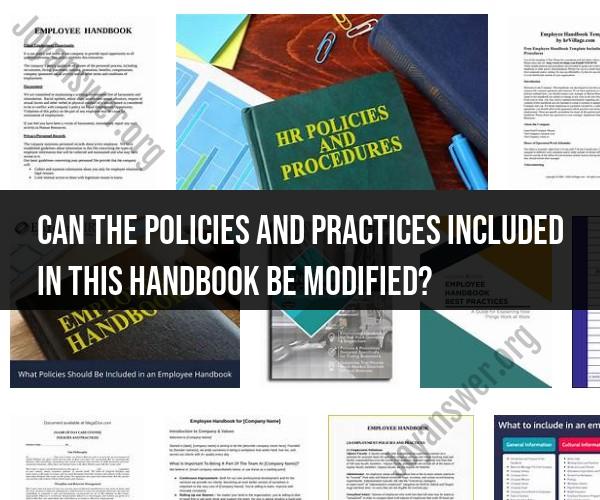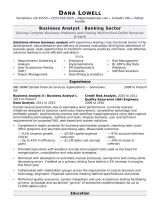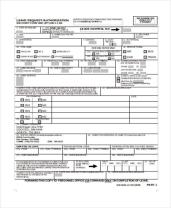Can the policies and practices included in this handbook be modified?
The ability to modify policies and practices included in an employee handbook depends on the policies themselves, the organization's policies and procedures, and applicable laws and regulations. Here are some general guidelines regarding the modification of policies and practices in an employee handbook:
Company Policies:
- Most organizations reserve the right to modify their policies and practices. This is typically outlined in the handbook itself or in an introductory statement. It is important for employers to retain the flexibility to adapt to changing circumstances, industry standards, or legal requirements.
Notice and Communication:
- When modifying policies or practices, employers should provide notice to employees. Clear and effective communication is essential. This can include sending out updated policy documents, conducting meetings or training sessions, and ensuring employees are aware of the changes.
Legal Compliance:
- Employers must ensure that any modifications to policies and practices comply with applicable employment laws and regulations. Certain policies, such as those related to anti-discrimination, harassment, and wage and hour laws, may be subject to legal restrictions on modification.
Employee Agreement:
- In some cases, employers may ask employees to acknowledge and agree to policy changes in writing. This can be done through a signed acknowledgment form or electronic acknowledgment within an HR system.
Consultation and Feedback:
- Employers may choose to consult with employees, HR professionals, legal counsel, or other relevant stakeholders before making significant policy modifications. Feedback can be valuable in ensuring that changes are well-received and effective.
Collective Bargaining Agreements:
- If employees are covered by a collective bargaining agreement (union contract), policy changes may need to be negotiated with the union as part of the collective bargaining process.
Documentation:
- Employers should maintain documentation of policy modifications, including records of when changes were communicated to employees, employee acknowledgments, and any consultations or legal reviews.
Consistency:
- Policy modifications should be applied consistently to all employees to avoid claims of discrimination or unequal treatment.
Timeliness:
- Policy changes should be implemented promptly and in a timely manner. Employees should have reasonable notice before the changes take effect.
Review and Update:
- Employers should regularly review and update their employee handbook to ensure that policies and practices remain current and in alignment with the organization's goals and legal requirements.
It's important for both employers and employees to be aware that certain policies may be subject to change as circumstances evolve. However, employers should strive to balance their need for flexibility with the need to provide clear, fair, and consistent guidance to employees. Consulting with HR professionals or legal counsel can be valuable when considering significant modifications to policies and practices.













